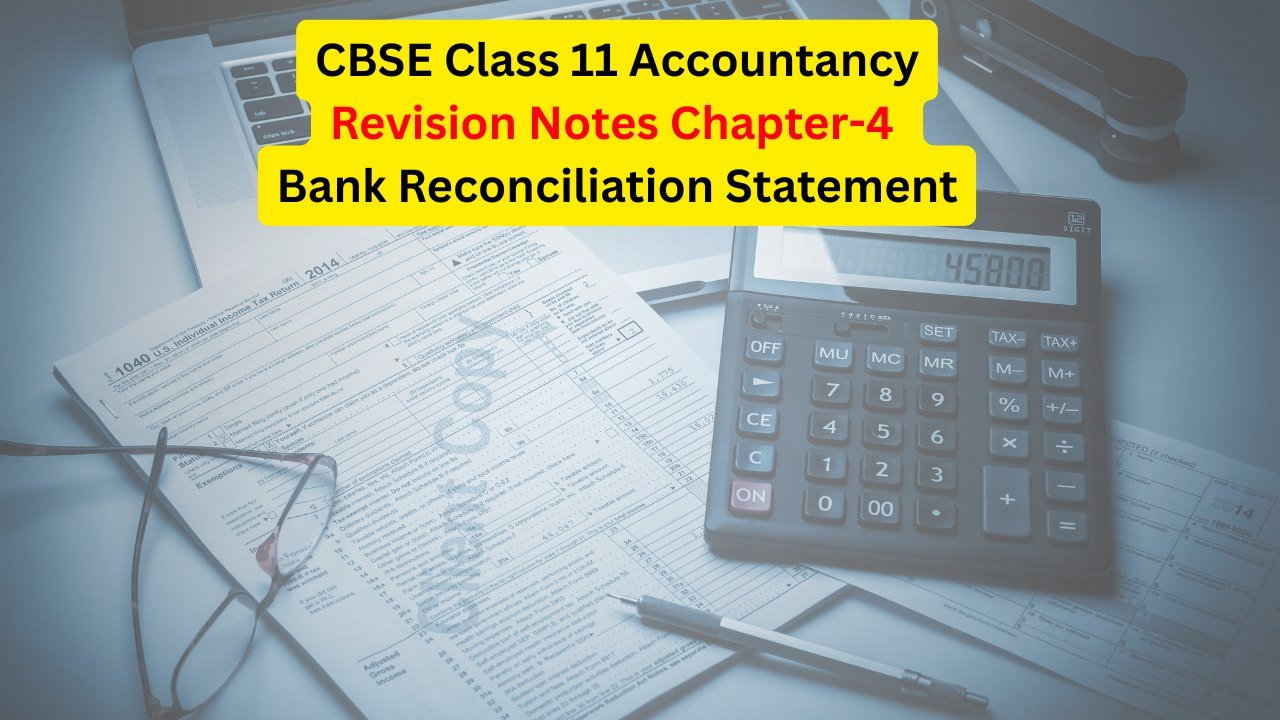The digital revolution has transformed education, making learning more accessible and engaging than ever before. Today’s students have powerful tools right in their pockets that can enhance their educational journey significantly. Whether you’re struggling with complex mathematical equations, need help organizing study schedules, or want to master a new language, there’s an app designed to support your learning goals.
Why Mobile Learning Apps Matter for Students
Mobile learning applications have become essential tools for modern education. They offer flexibility, personalization, and instant access to educational resources that traditional learning methods often cannot match. Students can now study during commutes, review concepts before exams, and access expert explanations whenever they need clarification.
Top 10 Mobile Apps for Student Success
1. Khan Academy – The Universal Learning Companion
Khan Academy stands as one of the most comprehensive educational platforms available today. This free application covers subjects ranging from elementary mathematics to advanced college-level courses.
Key Features:
- Over 40,000 interactive exercises
- Personalized learning dashboard
- Video lessons from expert instructors
- Progress tracking and achievement badges
- Offline content availability
Why Students Love It: The app adapts to individual learning speeds and provides immediate feedback, making complex topics more digestible through step-by-step explanations.
User Rating: 4.7/5 stars (Google Play Store)
2. Duolingo – Language Learning Made Fun
Duolingo revolutionizes language learning by turning education into an engaging, game-like experience. The app supports over 40 languages and uses scientifically-proven methods to enhance retention.
Key Features:
- Bite-sized lessons perfect for busy schedules
- Speaking, listening, and writing exercises
- Streak tracking for motivation
- Stories and podcasts for advanced learners
- Social features to compete with friends
Why Students Love It: The gamification elements make learning addictive in the best way possible, while the variety of exercises ensures comprehensive language skill development.
User Rating: 4.6/5 stars (App Store)
3. Photomath – Your Personal Math Tutor
Mathematics often poses the biggest challenge for students, and Photomath addresses this by providing instant solutions to mathematical problems through camera recognition technology.
Key Features:
- Scan handwritten and printed math problems
- Step-by-step solution explanations
- Multiple solving methods
- Smart calculator functionality
- Graphing capabilities for advanced problems
Why Students Love It: The app not only provides answers but teaches the methodology, helping students understand concepts rather than just copying solutions.
User Rating: 4.5/5 stars (Google Play Store)
4. Quizlet – Master Any Subject Through Flashcards
Quizlet transforms traditional studying methods by offering digital flashcards, practice tests, and interactive games that make memorization more effective and enjoyable.
Key Features:
- Millions of user-generated study sets
- Multiple study modes including Learn, Test, and Match
- Audio pronunciation for language learning
- Collaborative study groups
- Offline studying capabilities
Why Students Love It: The variety of study methods caters to different learning styles, while the vast library of existing content saves time on creating study materials.
User Rating: 4.4/5 stars (App Store)
5. Forest – Stay Focused and Productive
Forest combines productivity with environmental awareness, helping students maintain focus during study sessions while contributing to real tree planting initiatives.
Key Features:
- Pomodoro timer technique implementation
- Virtual forest growth based on focus time
- Detailed productivity statistics
- Study group functionality
- Real tree planting partnership
Why Students Love It: The visual representation of productivity through growing virtual forests provides strong motivation to stay focused and avoid phone distractions.
User Rating: 4.8/5 stars (Google Play Store)
6. Coursera – Access World-Class Education
Coursera brings university-level courses from top institutions directly to students’ mobile devices, offering both free and paid options for comprehensive learning.
Key Features:
- Courses from leading universities and companies
- Professional certificates and degree programs
- Downloadable lectures for offline viewing
- Peer-reviewed assignments
- Industry-relevant skill development
Why Students Love It: The platform provides access to high-quality education that might otherwise be unavailable, with flexible scheduling that fits around existing commitments.
User Rating: 4.5/5 stars (App Store)
7. Microsoft OneNote – Digital Note-Taking Excellence
OneNote transforms traditional note-taking by offering a digital platform that syncs across all devices and provides powerful organizational tools.
Key Features:
- Cross-device synchronization
- Handwriting recognition and conversion
- Audio and video note integration
- Collaborative notebook sharing
- Advanced search functionality
Why Students Love It: The ability to organize notes digitally while maintaining the freedom of handwritten input appeals to students who want the best of both worlds.
User Rating: 4.3/5 stars (Google Play Store)
8. Brainly – Collaborative Learning Community
Brainly creates a global community where students can ask questions and receive answers from peers and experts across various subjects.
Key Features:
- 24/7 homework help availability
- Expert-verified answers
- Points and ranking system
- Multiple subject coverage
- Step-by-step explanations
Why Students Love It: The community aspect provides instant help when traditional resources aren’t available, fostering peer-to-peer learning.
User Rating: 4.1/5 stars (App Store)
9. Google Classroom – Streamlined Educational Management
Google Classroom simplifies the educational process by providing a centralized platform for assignment distribution, submission, and feedback.
Key Features:
- Assignment organization and tracking
- Real-time collaboration on documents
- Grade transparency and communication
- Integration with Google Workspace
- Offline functionality for essential features
Why Students Love It: The seamless integration with other Google services creates a unified educational ecosystem that’s familiar and easy to navigate.
User Rating: 4.2/5 stars (Google Play Store)
10. Wolfram Alpha – Computational Knowledge Engine
Wolfram Alpha serves as a computational knowledge engine that can solve complex problems across multiple disciplines including mathematics, science, and engineering.
Key Features:
- Advanced mathematical computation
- Scientific data analysis
- Step-by-step solution breakdowns
- Visual representations of data
- Expert-level problem solving
Why Students Love It: The app handles complex calculations that would be time-consuming or impossible to solve manually, while providing educational insight into the solution process.
User Rating: 4.4/5 stars (App Store)
How to Choose the Right Learning App
Selecting the most suitable learning apps depends on several factors that vary from student to student. Consider your learning style, subject requirements, available time, and technological comfort level when making decisions.
Factors to Consider:
- Subject-specific needs versus general learning tools
- Free versus premium feature requirements
- Offline accessibility for studying without internet
- Integration capabilities with existing tools
- Community features for collaborative learning
Maximizing App Effectiveness
Simply downloading these applications won’t guarantee academic success. Students must develop strategies to integrate these tools effectively into their study routines.
Best Practices:
- Set specific daily or weekly goals for app usage
- Combine multiple apps for comprehensive learning
- Use productivity apps to maintain focus during study sessions
- Regularly review progress and adjust strategies accordingly
- Take advantage of community features for enhanced learning
Student Reviews and Experiences
Sarah, University Student from California
“Khan Academy completely changed how I approach mathematics. The step-by-step explanations helped me understand concepts I struggled with for years. I went from failing calculus to getting an A- in just one semester.”
Michael, High School Student from Texas
“Duolingo made learning Spanish actually enjoyable. I use it during my daily commute and have maintained a 200-day streak. My Spanish teacher noticed significant improvement in my pronunciation and vocabulary.”
Emma, Graduate Student from New York
“Forest app helped me overcome social media addiction during study hours. Seeing my virtual forest grow motivated me to stay focused, and my productivity increased by at least 40%.”
David, College Freshman from Florida
“Photomath saved me countless hours on homework. Instead of getting stuck on problems, I could see the solution steps and learn the methodology for similar problems.”
Lisa, Medical Student from Illinois
“Quizlet became my go-to tool for memorizing medical terminology. The variety of study modes kept learning interesting, and I could study anywhere during breaks.”
Frequently Asked Questions
Are these learning apps really effective for serious studying?
Yes, educational apps have proven highly effective when used properly. Research shows that mobile learning applications can improve retention rates by up to 60% compared to traditional methods. The key lies in choosing apps that align with your learning style and using them consistently as part of a structured study plan.
Do I need to pay for premium versions to get real value?
Many apps offer substantial value in their free versions. Khan Academy, Duolingo, and Google Classroom provide excellent functionality without cost. However, premium features often include advanced analytics, offline access, and additional content that can enhance the learning experience significantly.
Can mobile apps replace traditional classroom learning entirely?
Mobile apps serve as excellent supplements to traditional education but shouldn’t completely replace classroom interaction. They excel at providing personalized pacing, additional practice, and accessibility, while classrooms offer social interaction, structured curriculum, and immediate instructor feedback.
How much time should I spend using learning apps daily?
The optimal time varies by individual and app type. Language learning apps like Duolingo recommend 10-15 minutes daily for consistent progress. Study aids like Quizlet work best in focused 20-30 minute sessions. Productivity apps like Forest should be used during existing study periods rather than adding extra time.
Are these apps suitable for all age groups and education levels?
Most featured apps cater to multiple education levels. Khan Academy covers elementary through college-level content, while Duolingo suits beginners to advanced learners. However, younger students may need guidance in app selection and usage to ensure age-appropriate content and screen time management.
How do I know if an app is actually helping my learning?
Monitor your progress through built-in analytics, improved test scores, and increased confidence in subject areas. Most apps provide detailed progress reports showing time spent, concepts mastered, and areas needing improvement. Additionally, teacher feedback and grade improvements serve as external validation.
Can I use multiple learning apps simultaneously without overwhelming myself?
Yes, but strategic selection prevents overwhelm. Choose 3-4 apps maximum that serve different purposes: one for subject-specific learning (like Khan Academy), one for productivity (like Forest), one for note-taking (like OneNote), and one for quick reference (like Wolfram Alpha).
Do these apps work effectively without internet connection?
Several apps offer robust offline functionality. Khan Academy, Duolingo, Quizlet, and OneNote all provide offline access to downloaded content. However, features requiring real-time updates, community interaction, or cloud synchronization need internet connectivity.
How do learning apps compare to traditional textbooks and lectures?
Learning apps complement rather than replace traditional resources. They offer interactive elements, immediate feedback, and personalized pacing that textbooks cannot provide. However, textbooks offer comprehensive coverage and structured progression, while lectures provide expert insight and clarification opportunities.
Are there privacy concerns with educational apps?
Reputable educational apps maintain strong privacy standards, especially those designed for students. Review privacy policies before creating accounts, limit personal information sharing, and choose apps from established companies with clear data protection practices. Parents should monitor younger students’ app usage and privacy settings.
Future of Mobile Learning
The educational technology landscape continues evolving rapidly. Artificial intelligence integration, augmented reality features, and personalized learning algorithms are becoming standard in educational applications. Students who adapt to these tools early gain significant advantages in their academic and professional pursuits.
Machine learning algorithms increasingly personalize content delivery based on individual learning patterns, while virtual and augmented reality create immersive educational experiences. Voice recognition technology improves language learning accuracy, and blockchain technology may soon verify educational achievements across platforms.
Conclusion
Mobile learning applications have transformed education by making quality learning resources accessible anytime, anywhere. The ten apps highlighted in this guide represent the best tools available for students seeking to enhance their educational experience through technology.
Success with these applications requires thoughtful selection based on individual needs, consistent usage patterns, and integration with existing study methods. Whether you’re struggling with specific subjects, looking to develop new skills, or seeking better organization tools, there’s an app designed to support your educational journey.
The future belongs to students who can effectively blend traditional learning methods with innovative digital tools. By incorporating these mobile applications into your study routine, you’re not just improving current academic performance – you’re developing digital literacy skills essential for future success.
Remember that technology serves as a tool to enhance learning, not replace dedicated effort and critical thinking. Use these apps strategically, maintain balance with offline activities, and always prioritize understanding over mere completion of digital exercises.
Start with one or two apps that address your most pressing academic challenges, then gradually expand your digital toolkit as you become more comfortable with mobile learning. Your future self will thank you for embracing these powerful educational resources today.















